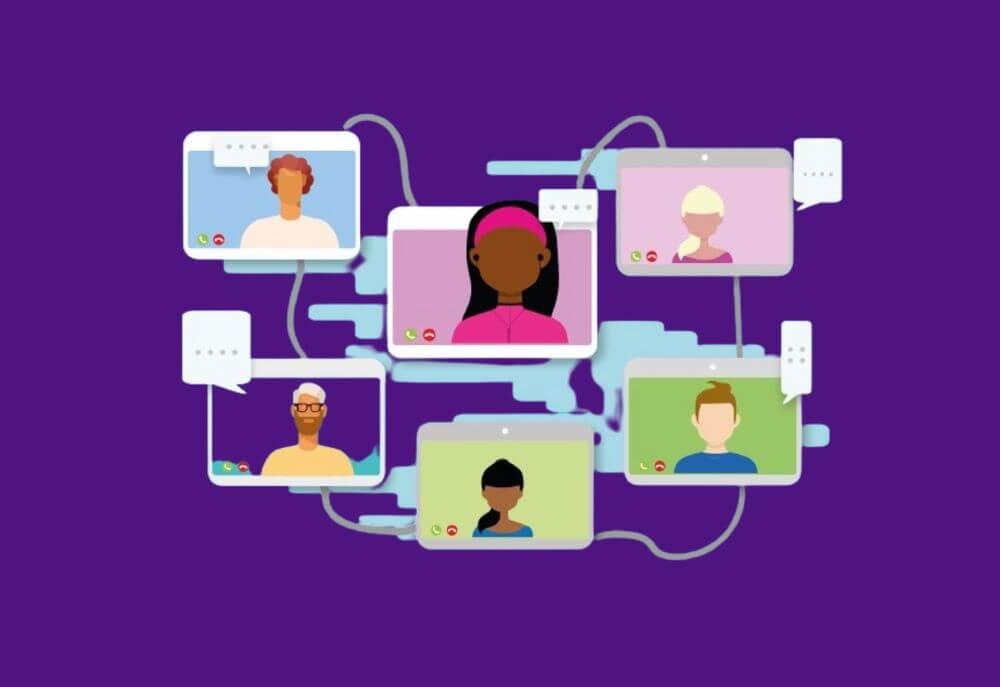Picture this: you step into work, surrounded by a team that is fully committed to their roles. Each member not only takes responsibility for their tasks but also actively supports their colleagues in reaching shared goals. This scenario is not just a utopia—it’s the outcome of cultivating a strong culture of accountability.
Accountability in the workplace involves more than just task completion; it’s about creating an environment where trust, responsibility, and collaboration are integral to our daily operations.
Understanding Accountability: The True Value
Accountability serves as the glue that holds a team together. It ensures that everyone is aligned, working towards common objectives. When accountability is present, it leads to increased employee engagement, better team performance, and a positive workplace culture. Conversely, a lack of accountability can result in missed deadlines, diminished morale, and a breakdown in trust among team members.
Building a Culture of Accountability
- Setting Clear Expectations: Laying the Groundwork
- Accountability begins with clarity. Employees must understand exactly what is expected of them, both in terms of tasks and behavior. Clear, measurable goals eliminate ambiguity, making it easier for everyone to take ownership of their responsibilities. When expectations are transparent, employees can focus on their objectives without second-guessing their actions.
- Embracing Personal Responsibility
- Personal responsibility is the foundation of accountability. Encouraging employees to take ownership of their work and proactively address challenges creates a culture where accountability is embraced by everyone. When individuals take responsibility for their actions, it not only improves their performance but also motivates others to do the same, leading to a positive ripple effect throughout the team.
- Promoting Open Communication
- Effective communication is essential for maintaining accountability. Regular check-ins and feedback sessions help keep everyone aligned with their goals and allow for course corrections when needed. Open communication creates a supportive environment where employees feel understood and motivated to uphold their responsibilities.
- Leading by Example
- Leaders play a vital role in establishing the standard for accountability. By being transparent, acknowledging their mistakes, and fulfilling their commitments, leaders exemplify the behaviors they wish to see in their teams. This approach creates an environment where accountability is not just expected but also respected and valued.
- Leveraging Tools and Strategies
- Using tools like project management software and accountability frameworks, such as the RACI matrix, can help clarify roles and responsibilities within a team. These tools increase transparency, making it easier for everyone to understand their duties and hold each other accountable.
The Role of Feedback Skills in Accountability
Feedback is a critical component of accountability. Without it, employees may be left guessing about their performance, which can lead to uncertainty and disengagement. Constructive feedback, coupled with strong feedback skills, helps employees understand where they stand, what they are doing well, and where they need to improve. This ongoing dialogue between managers and employees ensures that everyone remains aligned with the organization’s goals.
In a culture of accountability, feedback isn’t just about pointing out mistakes—it’s about guiding employees toward success. Managers should provide regular, constructive feedback that focuses on specific behaviors and outcomes. By honing their feedback skills, managers can deliver insights more effectively, which not only helps employees improve but also reinforces the organization’s commitment to continuous learning and development.
For example, consider a situation where a project didn’t go as planned. Instead of solely focusing on what went wrong, a manager might discuss what can be learned from the experience and how similar issues can be avoided in the future. This kind of reflective feedback, delivered with strong feedback skills, helps employees take ownership of their growth and contributes to a culture of continuous improvement.
When Accountability Is Missing: Addressing the Gaps
When accountability is lacking, it’s crucial to tackle the issue directly. Start by identifying the root cause—whether it’s unclear expectations, insufficient resources, or a work environment that doesn’t support accountability. Implementing regular feedback sessions and establishing a system of rewards and consequences can help reinforce the importance of accountability. The goal is to guide and support the team toward improved performance, not to punish.
One effective strategy for addressing accountability gaps is to create a safe space where employees feel comfortable discussing challenges. This can be achieved through regular one-on-one meetings, team discussions, or anonymous feedback channels. By providing a platform for open communication, managers can better understand the obstacles that employees face and work with them to find solutions.
The Ripple Effect: Benefits of Accountability
- Boosted Employee Engagement
- When employees feel accountable, they are more engaged in their work. Understanding the impact of their contributions on the team’s success provides a sense of purpose and fulfillment, leading to higher levels of productivity and job satisfaction.
- Enhanced Team Performance
- Accountability promotes a collaborative environment where everyone works towards the same goals. This alignment reduces friction and confusion, leading to a more cohesive and effective team.
- Strengthened Trust and Transparency
- A culture of accountability builds trust within teams. Knowing that colleagues will follow through on their commitments fosters a sense of reliability and security, which is crucial for a strong, cohesive team.
- Improved Employee Morale
- Accountability contributes to a positive work environment where employees feel valued and supported. Recognizing their efforts boosts morale and job satisfaction, which in turn leads to lower turnover rates and a more stable workforce.
The Role of Emotional Intelligence in Accountability
Emotional intelligence (EI) plays a significant role in nurturing accountability within a team. Leaders and employees with high emotional intelligence are better equipped to handle the complexities of workplace relationships, including giving and receiving feedback, managing stress, and resolving conflicts. By cultivating emotional intelligence, leaders can create an environment where accountability thrives.
For instance, a manager with high emotional intelligence will be able to navigate difficult conversations with empathy, ensuring that feedback is delivered in a way that is both constructive and supportive. This approach not only helps employees feel understood but also encourages them to take ownership of their actions.
Moreover, emotional intelligence helps teams build stronger interpersonal connections, which are essential for maintaining accountability. When team members trust and respect each other, they are more likely to hold themselves and each other accountable for their work. This mutual respect creates a positive feedback loop that reinforces accountability at all levels of the organization.
Making Accountability a Core Value
Integrating accountability into the core values of an organization requires a sustained effort from both leadership and employees. It’s not enough to simply talk about accountability; it must be demonstrated through actions, policies, and daily practices. This can be achieved by consistently reinforcing the importance of accountability through training programs, performance reviews, and team meetings.
One effective approach is to incorporate accountability into the organization’s mission statement or value proposition. This makes it clear that accountability is not just an expectation but a fundamental aspect of the company’s identity. Additionally, recognizing and rewarding accountable behavior can further embed this value into the organizational culture.
For example, a company might implement an “Accountability Award” that recognizes employees who consistently demonstrate accountability in their work. This type of recognition not only reinforces the importance of accountability but also motivates others to follow suit.
Conclusion: Building a Future of Accountability
Accountability in the workplace is not just a strategy—it’s a mindset that must be cultivated and nurtured. It requires clear communication, personal responsibility, and strong leadership. By making accountability a core value, organizations can create a work environment where trust, engagement, and performance thrive.
Let’s move forward with a commitment to creating a culture of accountability in our teams. By leading by example, communicating openly, and supporting each other in taking ownership of our roles, we can build a workplace where accountability is the norm, not the exception.
Your Contribution to Accountability
Now, think about your role within your team or organization. How can you contribute to building a culture of accountability? Whether you’re setting expectations as a leader or taking ownership of your tasks as an employee, remember that accountability starts with you. Together, we can create a workplace where accountability is woven into the fabric of our daily interactions, driving success for everyone involved.
Accountability vs. Responsibility: Enhancing Team Success and Employee Engagement



